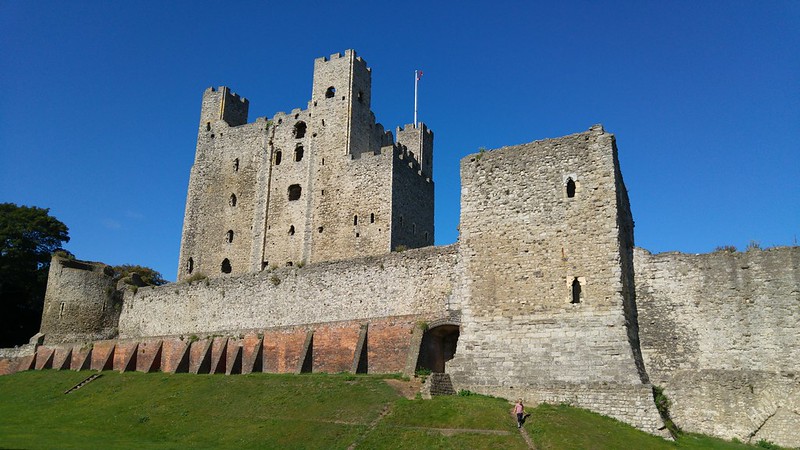
If you see or heard the phrase “running like a”, what would you expect to the next word to be?
If you’re from the UK you might say “tap” – that’s certainly what I would expect to come next here.
A tap in this context refers to “A device by which a flow of liquid or gas from a pipe or container can be controlled” [source].
Such devices are commonly known as faucets in the USA [source].
What about in other English-speaking countries?
I picked a cold this week, and yesterday my nose was running like a tap, which is why I decided to blog about this expression. I wondered if people talk about things ‘running like a faucet’ in the USA, and if not, what expression they use.
If you Google “running like a”, the top results (at the time of writing) are “running like a Kenyan on speed”, “running like a girl” and “running like a dog”.




